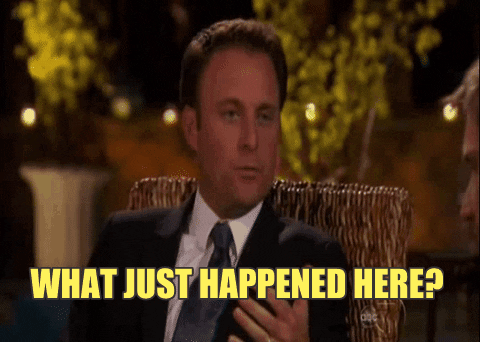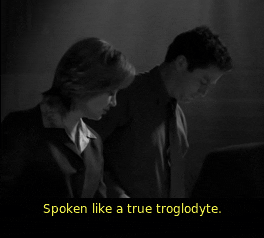This thread! Must be a blindspot, because it's been driving me nuts that I can't see clearly how I'm doing this. I made a list of the reasons why I have done the "doorslam" or in any way put a person on hold in the past:
1. My unconscious self doesn't like how I look in the reflection a person is sending back to me. I might all of a sudden lose interest, but more preferably I'll try to find an explanation on why I might not look good in that particular mirror because it's some how defective. Foggy weak spot: making me question my relevance or personal competence.
2. When I have seen the potential harm a person can cause others or myself, and that it comes from a deeply wounded place that can't get pain relief without deeply wounding others. These are dangerous people, but they'll lose interest fast when they can tell that I know about it. I don't bother confronting a person like this, they will know it fast enough, and leave me and people in my "interpersonal radius" alone. Foggy weak spot: fear of eventually being forced to leave my comfort zone by my own moral standard and/or need to protect others, and expose myself to potential shame and social exclusion/burned bridges.
3. When I have taken on a role too quickly, friend, girlfriend etc, and I either realize that I won't be able to deliver what's expected of me, or that I can tell that the other person is going to think that about their role in the future. I have a fear of asymmetry in friendships/relationships, and the stress isn't worth it. I also need a certain social norm structure to define what that person should be to me and what is expected of me in terms of giving and receiving. If these guidelines aren't clear, I might not be able to limit the emotional effort I put in before I'm too drained to know I'm out, and the other person won't know what's wrong when I suddenly withdrawal. Foggy weak spot: afraid of being selfish and conditional, and getting it in return.
4. When I love or care deeply about a person that is in more or less in constant need of care or support, and doesn't seem to get when I'm drained. I might put him/her on a looong hold before I'll reconnect. The sad thing is that when it has gone this far, I'm likely to be permanently reserved towards this person, fearing they might empty my reserves before I know it's gone. I need to know that I always have my reserves in case someone really needs it. Foggy weak spot: afraid of being helpless and feel the need to place the blame on others than myself for it.
With 1 and 2, I have been close to slamming the door. Permanent damage - yes, emotionally indifferent - not yet. 3 and 4 are not doorslamming, but perhaps the most painful "shut down" to both parties. All four, will in most cases mean that things won't be the same after that.
Can 1,2,3,4 be explained by type/functions or are they "universal", or just personal?



